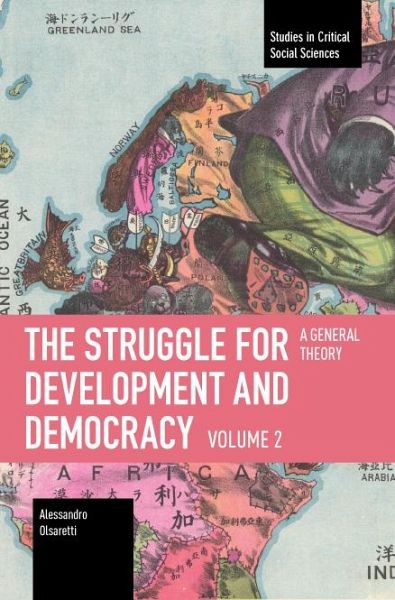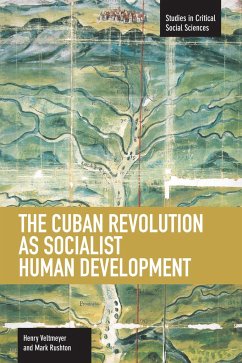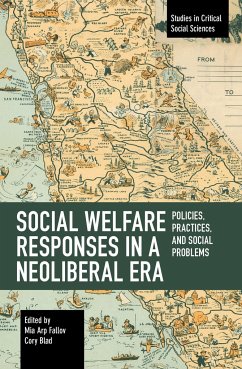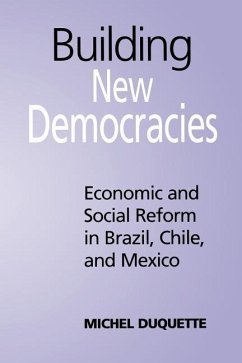
The Struggle for Development and Democracy Volume 2
A General Theory
Versandkostenfrei!
Versandfertig in über 4 Wochen
40,99 €
inkl. MwSt.

PAYBACK Punkte
20 °P sammeln!
How did imperialist elites build their power? The Struggle for Development and Democracy begins to answer this pressing question. In this rousing study, Alessandro Olsaretti argues that we need significantly new theories of development and democracy to answer the problem posed by neoliberalism and the populist backlash, namely, uneven development and divisive politics heightened by the 9/11 attacks. This volume proposes a general theory of development and democracy, as part of a unified theory of power, emphasizing that development needs markets, civil society, and the state, and also the prop...
How did imperialist elites build their power? The Struggle for Development and Democracy begins to answer this pressing question. In this rousing study, Alessandro Olsaretti argues that we need significantly new theories of development and democracy to answer the problem posed by neoliberalism and the populist backlash, namely, uneven development and divisive politics heightened by the 9/11 attacks. This volume proposes a general theory of development and democracy, as part of a unified theory of power, emphasizing that development needs markets, civil society, and the state, and also the proper networks and interactions amongst markets, civil society, and the state. Imperialism undermines these interactions, and turns countries into providers of cheap land or labour. This book begins to sketch the mechanisms at work that facilitate this process.














